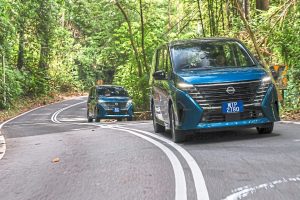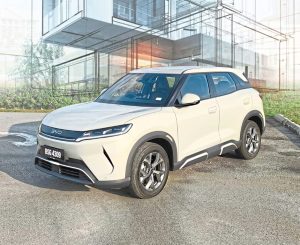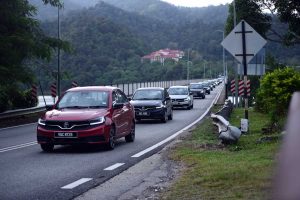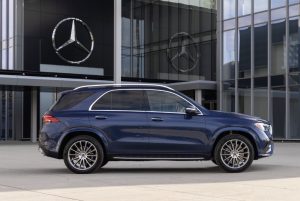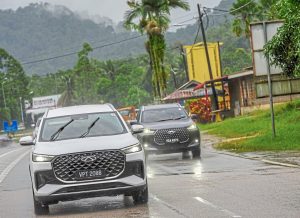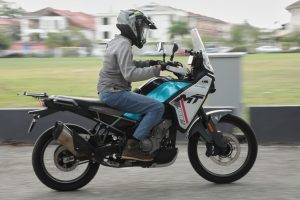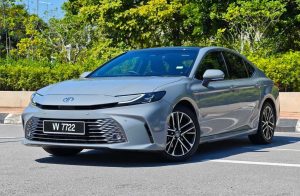SHANGHAI: Chinese battery maker CATL said today it has developed new materials for lithium-ion batteries that would sharply improve charging efficiency for electric vehicles, especially in extreme cold.
CATL's chief scientist Wu Kai told a forum here that the company, the world's largest battery supplier, had developed new electrolyte materials that could sharply improve the charging efficiency of current lithium-ion battery designs.
Wu did not detail how CATL had been able to achieve the improved battery performance he described.
He said the new electrolyte could deliver a 50% increase in efficiency in extreme cold at minus 20 degrees Celsius and 43% under more normal temperatures.
Winter weather conditions are a challenge for EVs since the cold slows reactions inside the electrolyte solution, needed to pass a charge between the battery's two electrodes. In cold conditions, the battery also has to do extra work to heat an EV, a further drag on range.

CATL's advanced Qilin battery and (inset) Wu.
He said CATL would be able to mass produce a battery capable of delivering 400km of driving range with a 10-minute charge this year.
The company aims to shorten that charge time to five to seven minutes for the same driving range as its next target, he said.
Automakers and some suppliers have been racing to develop solid-state batteries that would offer greater power and increased driving range. Those batteries, currently in prototype, are expected to remain expensive for years.
Toyota said last month it had overcome an issue with the durability of solid-state batteries that would pave the way for production as soon as 2027.
It said it expected to be able to half the cost and weight of those batteries and deliver a charging time of 10 minutes or less.
Wu said he was sceptical that solid-state batteries were ready for mass production and of the cost reduction claims.
"What I am sure of is no one is capable of mass producing solid-state batteries in the industry currently," Wu said in response to a question.
"They claim to be able to halve the costs, which is very exciting and would be very disruptive, but I wonder what base they are comparing."

